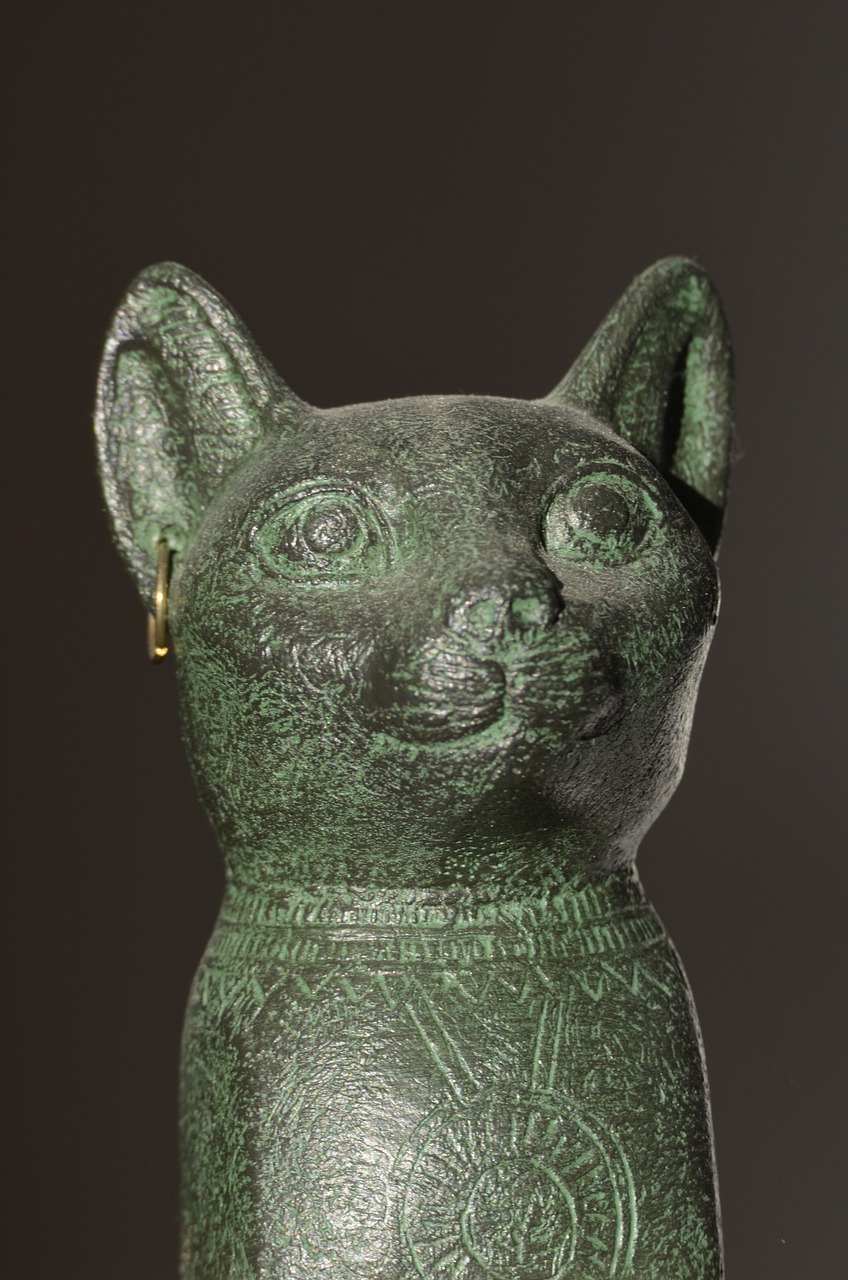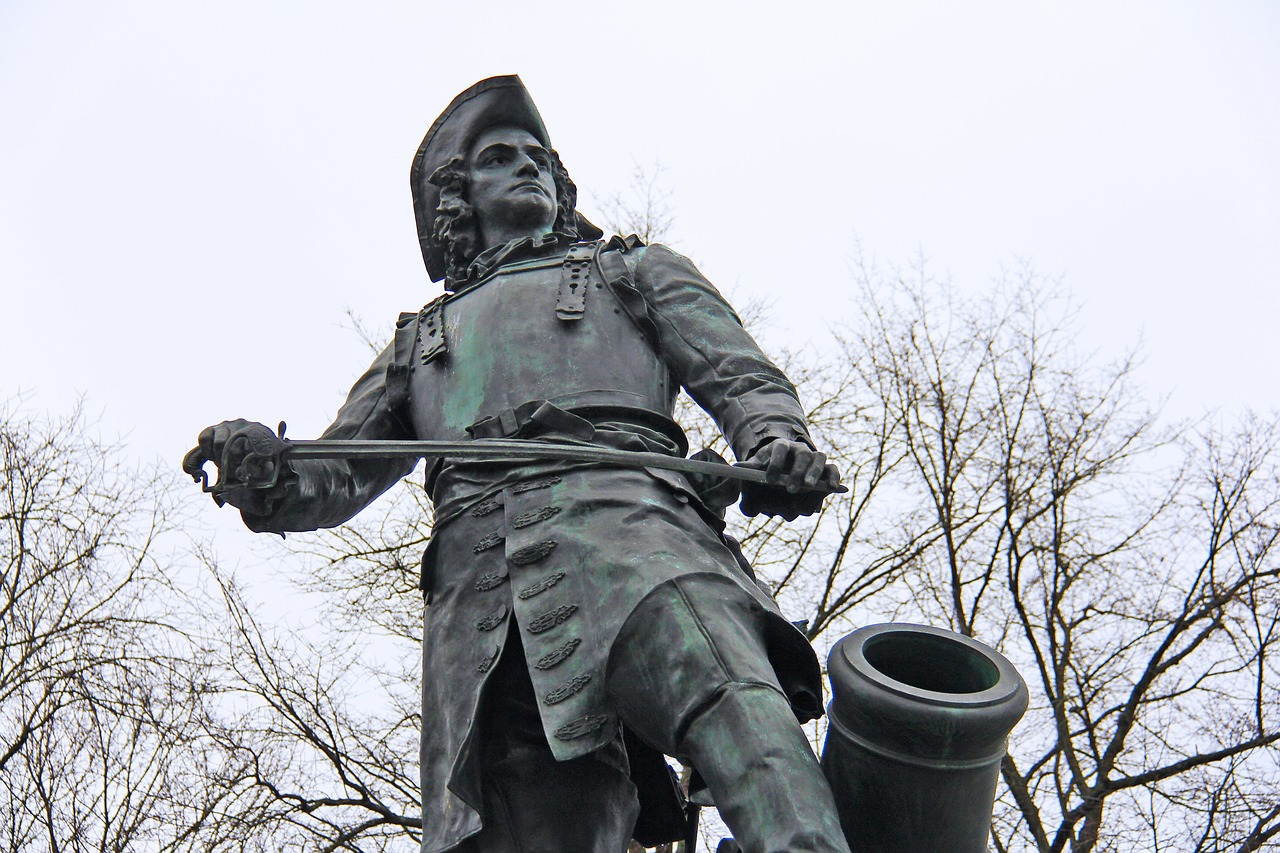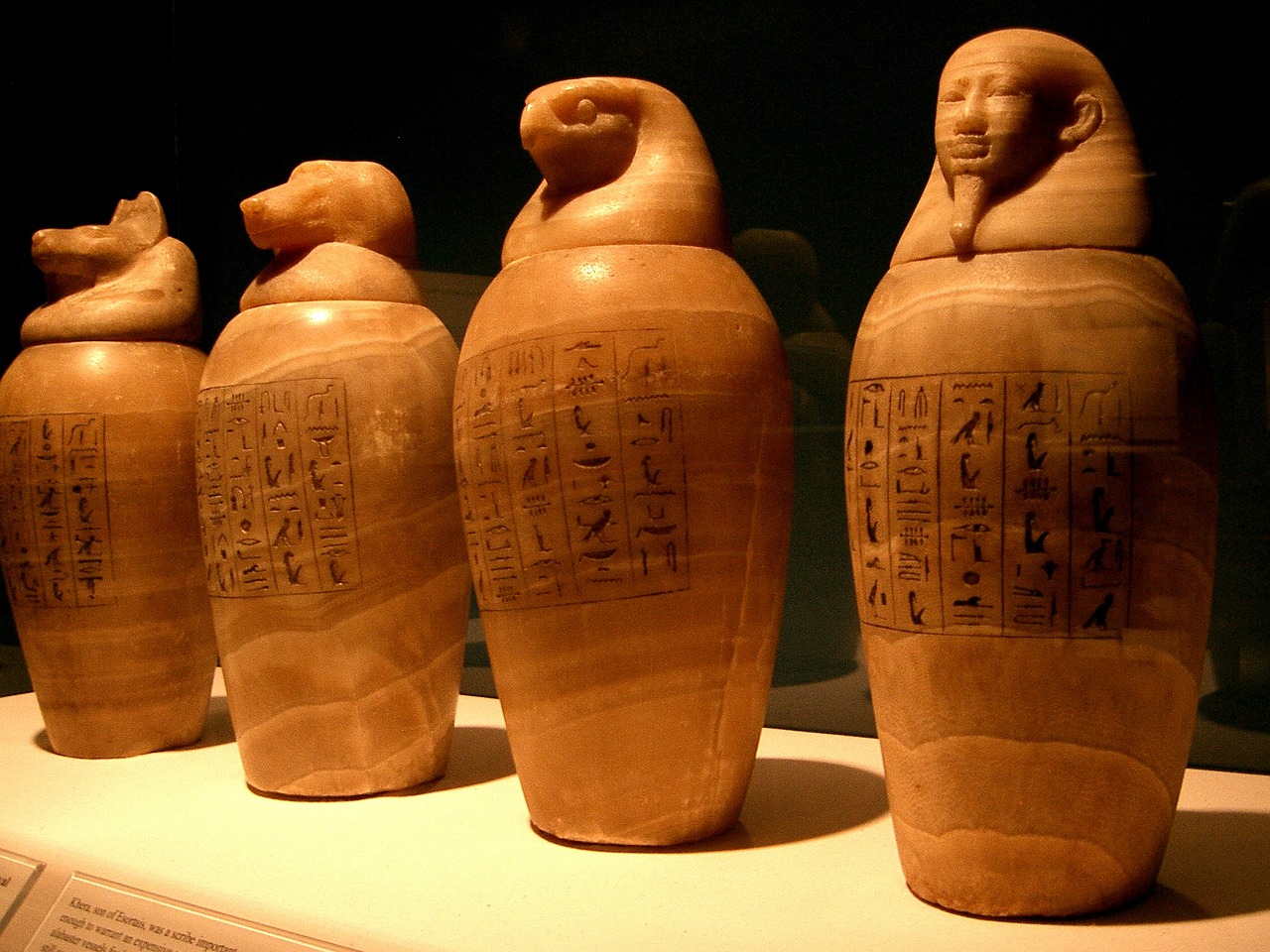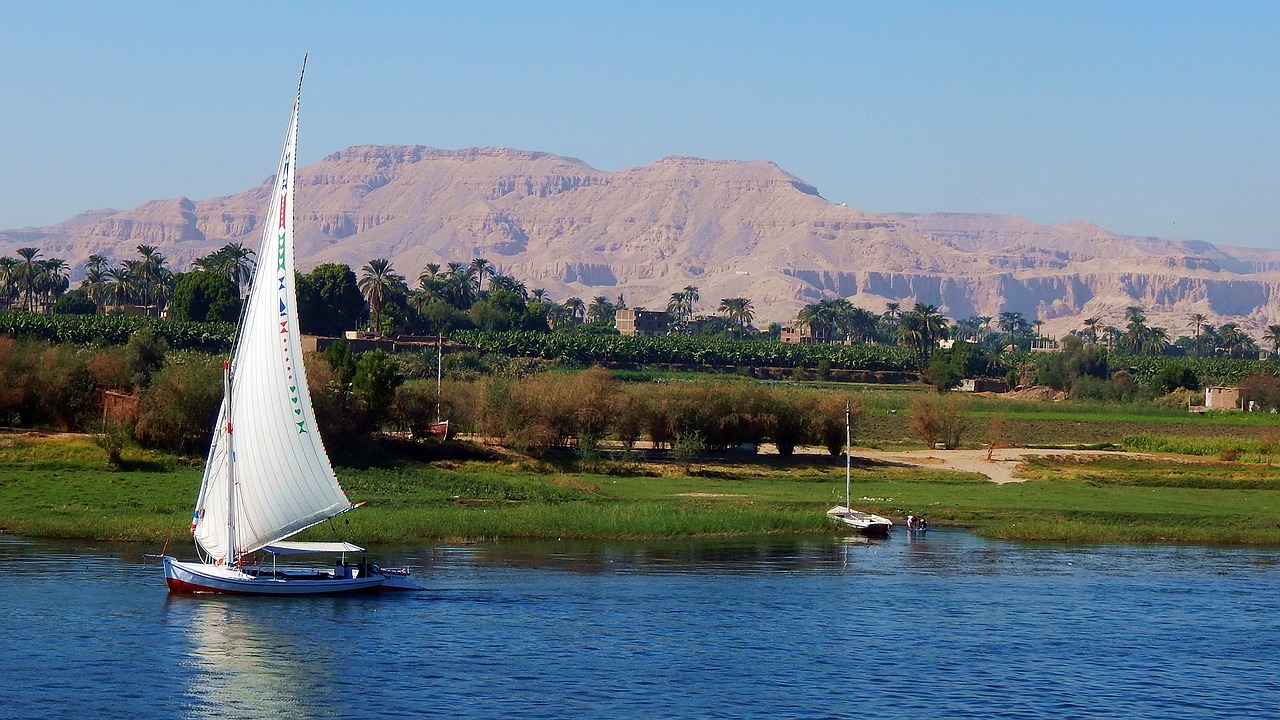Egyptian Mythology
-

The captivating and often exotic aspects of ancient Egyptian religion are epitomized by the goddess Bastet. Her image frequently appears in museums, characterized by her as a seated cat adorned with various divine symbols, like a scarab on her head. In a poised yet watchful stance reminiscent of real felines, the enchanting Bastet embodies the…
-
Geb, also referred to as Seb or Keb in various contexts, stands as a significant figure within the ancient Egyptian pantheon. His name translates loosely to “the lame one,” yet he is revered as an essential god-king of ancient Egypt. Overview of Geb In Egyptian cosmology, Geb symbolizes the Earth and is credited with the…
-

Ptah is recognized as a prominent deity in ancient Egyptian mythology, symbolizing creation, craftsmanship, and architecture. Characteristically portrayed as a mummified figure sporting a skullcap and a long beard, Ptah is often regarded as the divine craftsman and creator god responsible for shaping the world and its inhabitants. He held a significant association with Memphis,…
-

The goddess Maʽat represents the Ancient Egyptian Seven Principles of Ma’at: Truth, Balance, Order, Harmony, Reciprocity, Propriety, and Justice. It was anticipated that not only priests and Pharaohs but also their families and all community members would exemplify these principles. The ancient Egyptians believed that life should be guided by these values in every action…
-

Exploring Aker: The Egyptian God of the Horizon Aker holds a prominent position in the mythology of ancient Egypt, characterized as the solar god of the horizon and a key guardian of the Underworld. This article delves into the fascinating legends and beliefs that surround this deity, as well as provides engaging facts that are…
-

Anubis, an archetypal figure in ancient Egyptian mythology, is revered as the deity of mummification and funerary ceremonies. Often depicted safeguarding tombs, he serves as a guide for souls navigating the afterlife. This ancient god, associated with lost souls and the vulnerable, has roots that can be traced back to one of Egypt’s earliest gods,…
-

When the Nile River comes to mind, it’s often accompanied by thoughts of Egypt, and rightfully so, given its immense historical and cultural importance. Ancient Greek historian Herodotus famously declared Egypt to be “the gift of the Nile,” highlighting the river’s critical role in the life and prosperity of the Egyptian civilization. For the Ancient…
-
From the inception of Egypt’s First Dynasty, around 3200 BCE, the esteemed goddess Mafdet, depicted as a cheetah, garnered reverence. Renowned as “the runner,” she symbolized rapid death and served as the “Avenger of the King.” It was believed that Mafdet would extract the hearts of wrongdoers, presenting them as trophies at the feet of…
-
Anhur: The Egyptian God of War Overview of Anhur Anhur, also known as Onuris, was revered as the ancient Egyptian god of war, embodying the power and protection of the military and royal warriors. He is often depicted in human form wearing a distinctive crown adorned with four tall ostrich feathers, which symbolize creation and…
-

When one thinks of the Nile, Egypt undoubtedly springs to mind, primarily due to the river’s colossal significance throughout history. The esteemed ancient Greek historian Herodotus famously remarked that Egypt is a gift of the Nile, a statement highlighting the river’s vital role in the Egyptian civilization. To the ancient Egyptians, the Nile was perceived…


